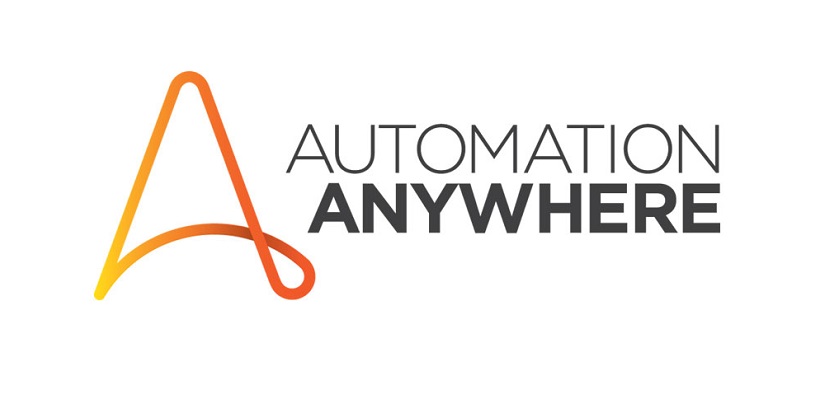
RPA Development
Robotic Process Automation (RPA) is the application of technology that allows employees in a company to configure computer software or a “robot” to capture and interpret existing applications for processing a transaction, manipulating data, triggering responses and communicating with other digital systems.
In even more simpler terms, RPA Bots can be configured to automatically manipulate almost all types of Computer Applications including Mainframe, Web, Windows, Citrix or any other type of Application similar to humans. The Robots can run 24×7 without making any mistakes and can work in sequence or in parallel (using multiple Robots). The Robots also create Audit Logs of every action they take and create Exception Reports for tasks that could not be handled by the Robot.
The Robots can run as Attended or Unattended. Attended Robots run on User’s Desktop and are also considered Desktop Robots. For e.g. they can be used on CSR (Customer Service Rep) Desktop to assist the CSR on their tasks as they service the customer. Unattended Robots run on Virtual Machines or dedicated Workstations where they are used for automated tasks that do not require human intervention.
Re-usability
Good Process Automation Design dictates the use of reusable components. RPA platforms allow you to build common building blocks that help you scale. This allows for the automation to be application resilient, i.e. it reduces the amount of change required to the robot configuration, when the underlying application changes and the change is automatically applied to any process using this building block. This increases RPA adoption, reduces down time and ensures standardized implementations and governance for complex enterprise scale automation.
Process Bots
At the core of Automation are Process Execution Bots. These Bots automate rules-based, repetitive tasks, in various areas such as HR, Accounting and Finance, IT Support Services, and much more, leading to immediate improvements in productivity, cost-savings, and error reduction. Process Bots are generally dedicated to single task and may include interactions with other bots or humans
Cognitive Robots
Robotic Process Automation Platforms now include enhanced cognitive capabilities. Bots can understand structured or unstructured data through an initial learning data set, and act based on the incoming data. This is especially useful when processing documents of varying formats and types. When the bot detects its own confidence level to be below a threshold, the task of data recognition is handed off to a human. The bot learns from the human in real time and becomes smarter over time. Addition of cognitive bots to automation can result in significant efficiencies.
What We Offer
Strategy – We help you develop a Strategy and a Roadmap, including Tool Selection, Productivity Metrics and ROI Models.
Implementation – We deploy your RPA solution; establish governance and address IT and security concerns. We also train your staff to maintain the solution.
Managed Services – We manage, monitor, tune and continually optimize your robotic process execution. We also implement enhancements and manage your RPA infrastructure.
PureEco Tech Solution’s mission is to help companies accelerate automation within their business processes using Robotic Process Automation (RPA), Application Programming Interface (API) enablement, and AI Technologies such as Machine Learning (ML) and Natural Language Processing (NLP).
